Conclavoscope - Cardinal Robert Francis Prevost
Cardinal Profile and Assessment
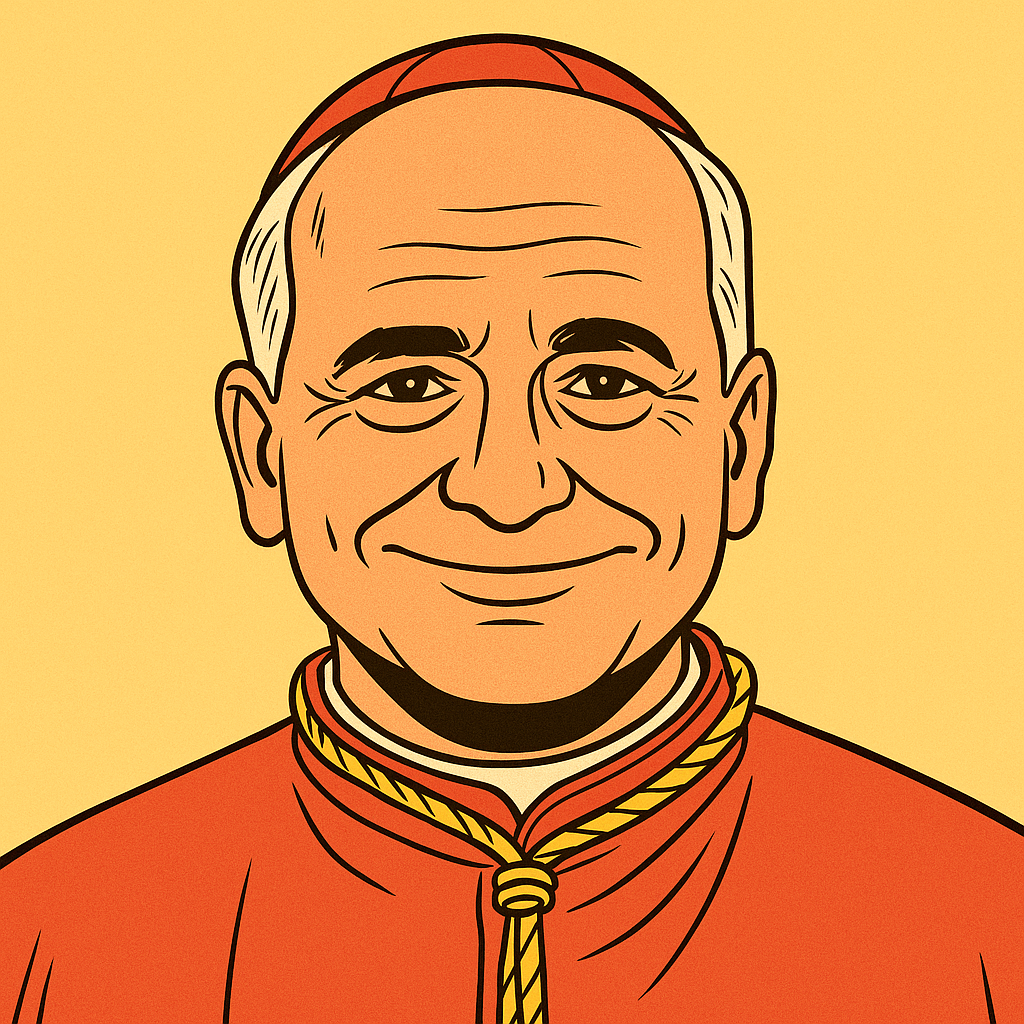
American cardinal, Prefect of the Dicastery for Bishops, Augustinian, known for his missionary experience in Latin America and his balanced approach between tradition and openness.
| Criterion | Tendency |
|---|---|
| Moral doctrine | Moderately conservative |
| Liturgy | Centrist |
| Sociopolitical | Progressive |
| Relationship with Pope Francis | Centrist |
| Dialogue | Progressive |
| Communication | Progressive |
| Overall tendency | Moderately progressive |
Cardinal Prevost has not publicly articulated specific positions on contentious moral issues such as homosexuality, abortion, or gender ideology. However, his close alignment with Pope Francis and his leadership role in the Dicastery for Bishops suggest a moderate stance that upholds traditional doctrine while embracing pastoral sensitivity. His emphasis on synodality and inclusivity indicates openness to dialogue on evolving moral teachings.
There is limited information on Cardinal Prevost's personal preferences regarding liturgical practices. His Augustinian background and missionary experience in Peru suggest a balanced approach that respects tradition while being open to liturgical adaptations that resonate with local cultures. His role does not directly involve liturgical policymaking, indicating a neutral position in liturgical debates.
Cardinal Prevost's extensive missionary work in Peru and his leadership roles within the Latin American Church demonstrate a strong commitment to social justice, particularly concerning the poor and marginalized. His alignment with Pope Francis's emphasis on integral human development and his involvement in the Synod on Synodality reflect a progressive approach to sociopolitical issues.
Cardinal Prevost is a close collaborator of Pope Francis, evidenced by his appointment as Prefect of the Dicastery for Bishops and his elevation to the cardinalate. His active participation in implementing the Pope's vision for a synodal and inclusive Church underscores his strong alignment with Francis's reforms.
While specific statements from Cardinal Prevost on interreligious dialogue are scarce, his missionary background and emphasis on listening and inclusivity suggest a favorable disposition towards engaging with other faith traditions. His support for synodality aligns with efforts to foster dialogue and understanding across religious boundaries.
Cardinal Prevost is recognized for his humble and pastoral communication style. He emphasizes the importance of bishops being pastors rather than managers, reflecting a commitment to servant leadership and effective communication within the Church hierarchy.
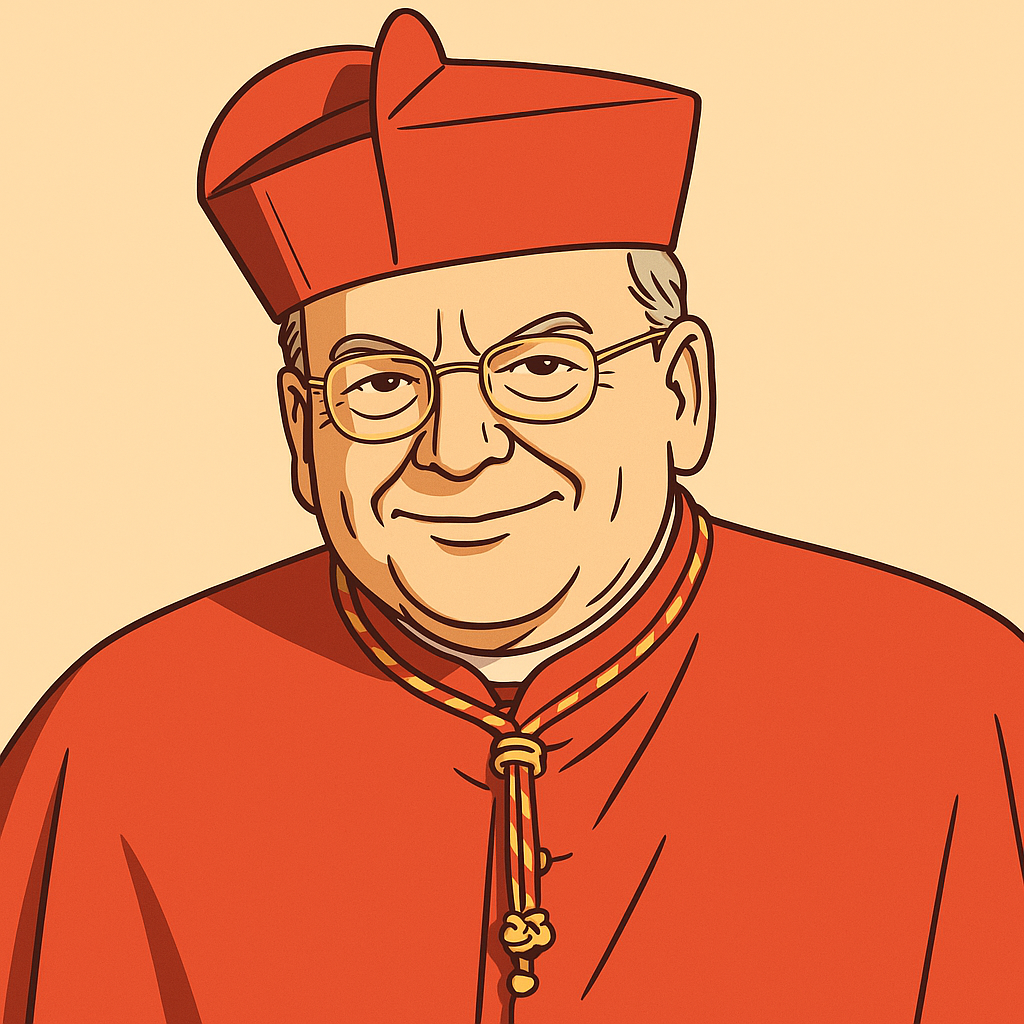
American cardinal, patron of the Order of Malta, known for his very conservative positions on liturgy and doctrine, and his open opposition to certain orientations of Pope Francis' pontificate.
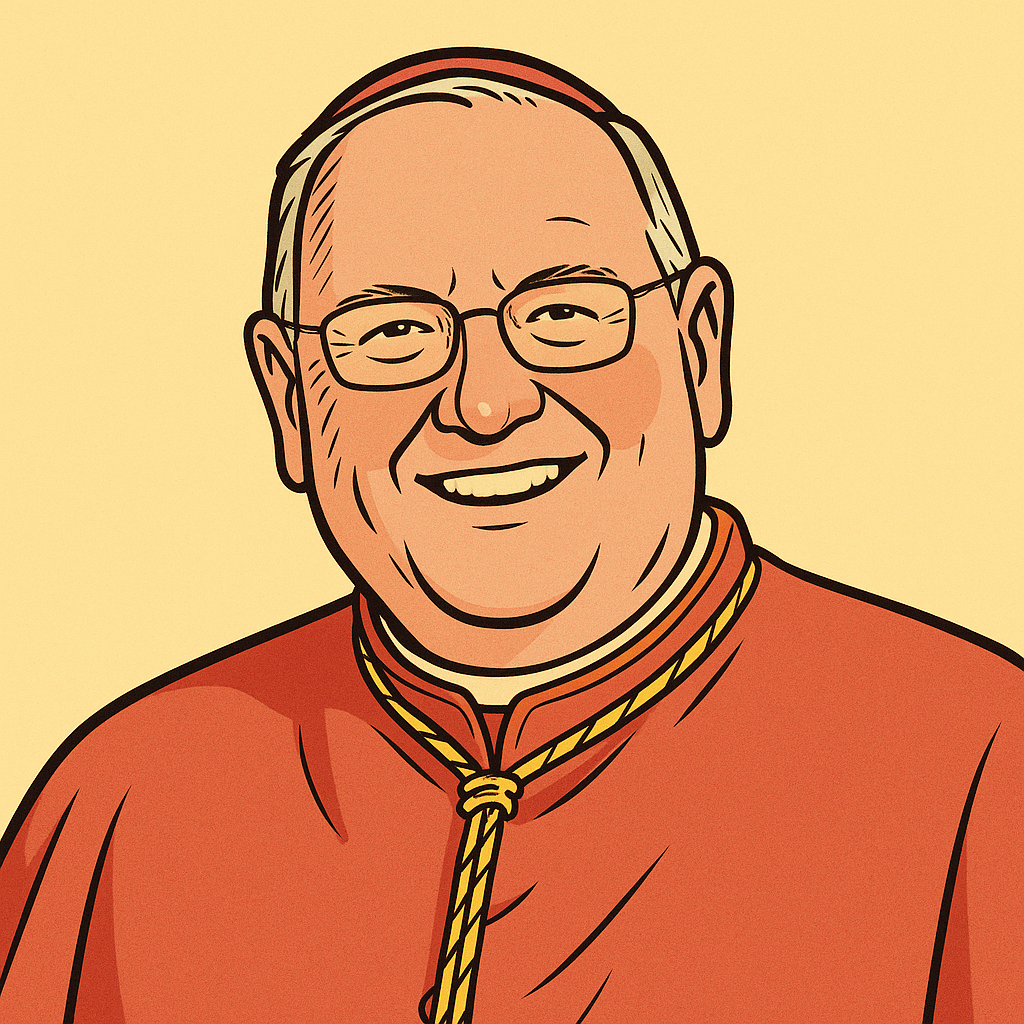
American cardinal, Archbishop of New York, known for his media charisma and balanced leadership, combining social commitment and defense of Catholic tradition and moral values.
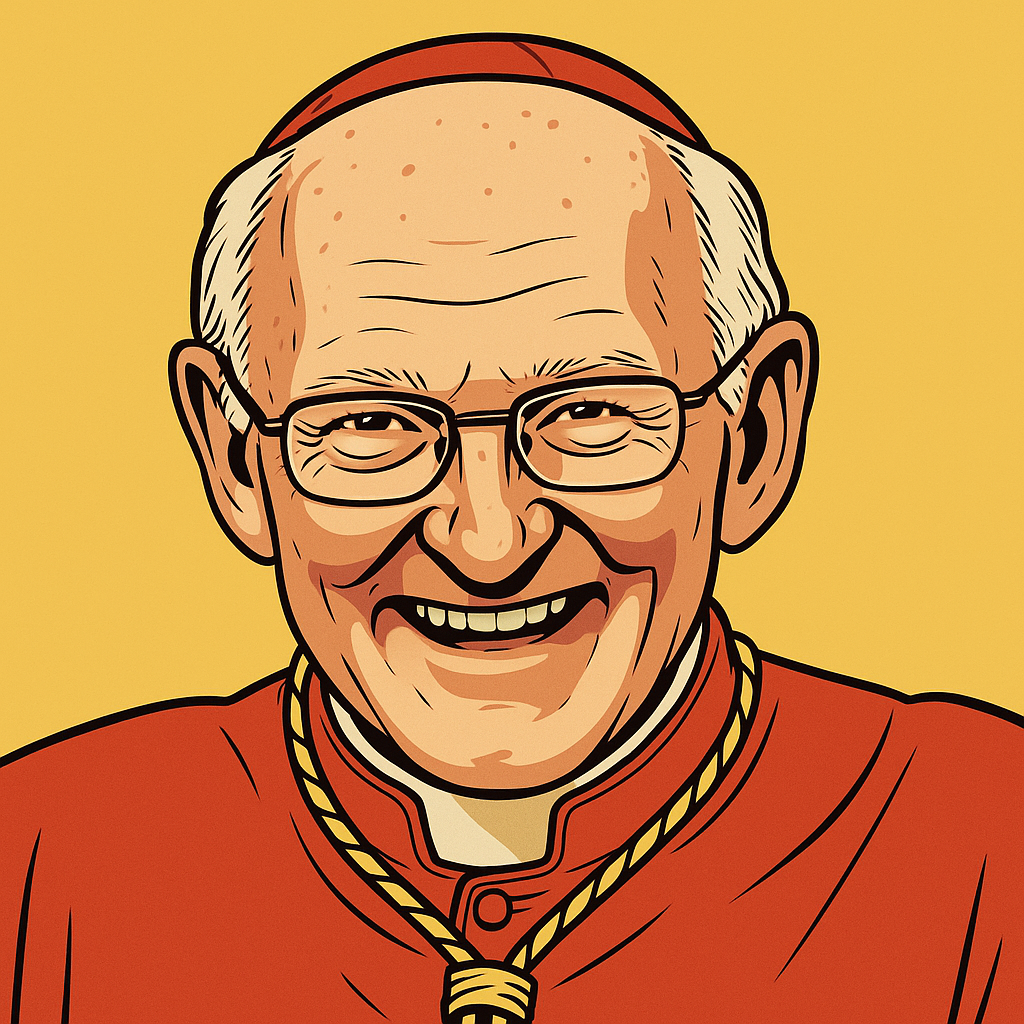
American cardinal, Archpriest of the Basilica of Saint Paul Outside the Walls, former Prefect of the Papal Household, known for his conservative positions and administrative experience at the Vatican.
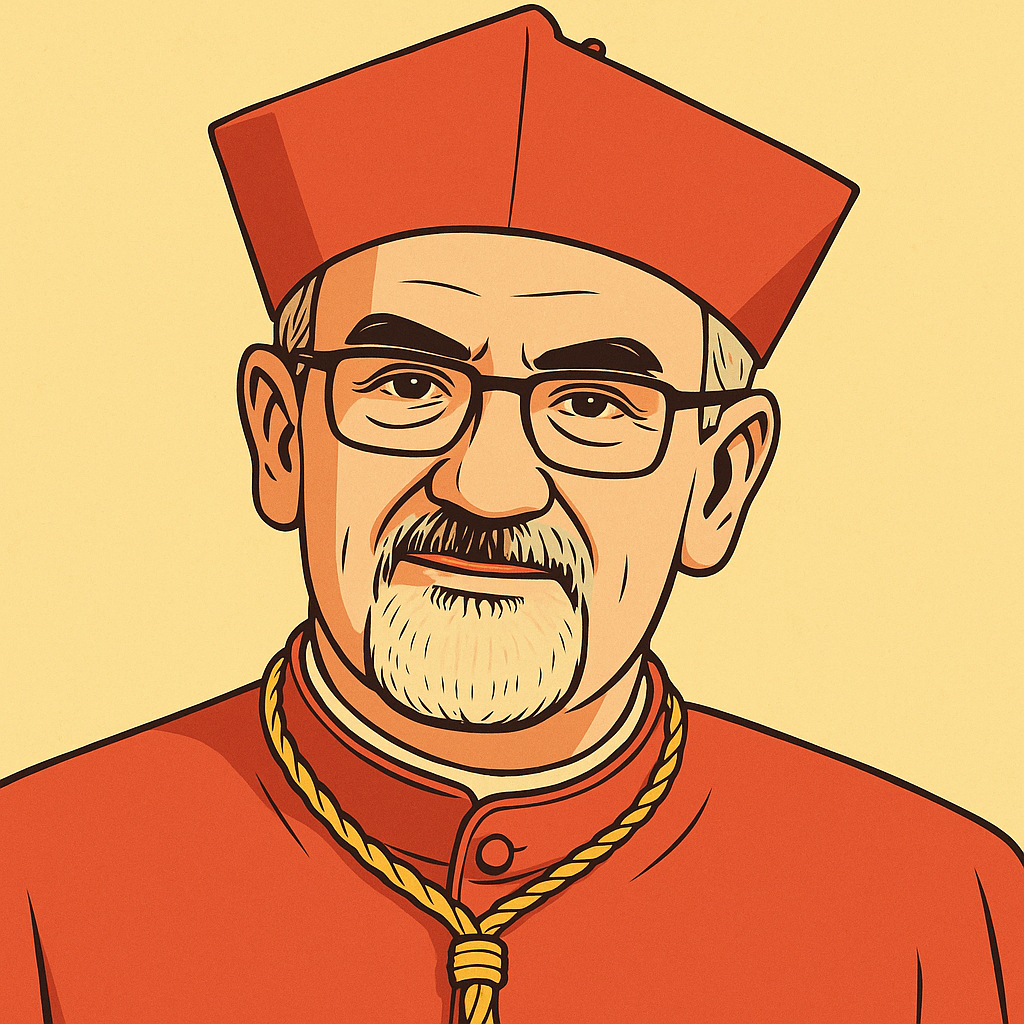
Israel
Italian cardinal, Latin Patriarch of Jerusalem, Franciscan, known for his expertise on the Middle East and his balanced leadership in a context of political and religious tensions.
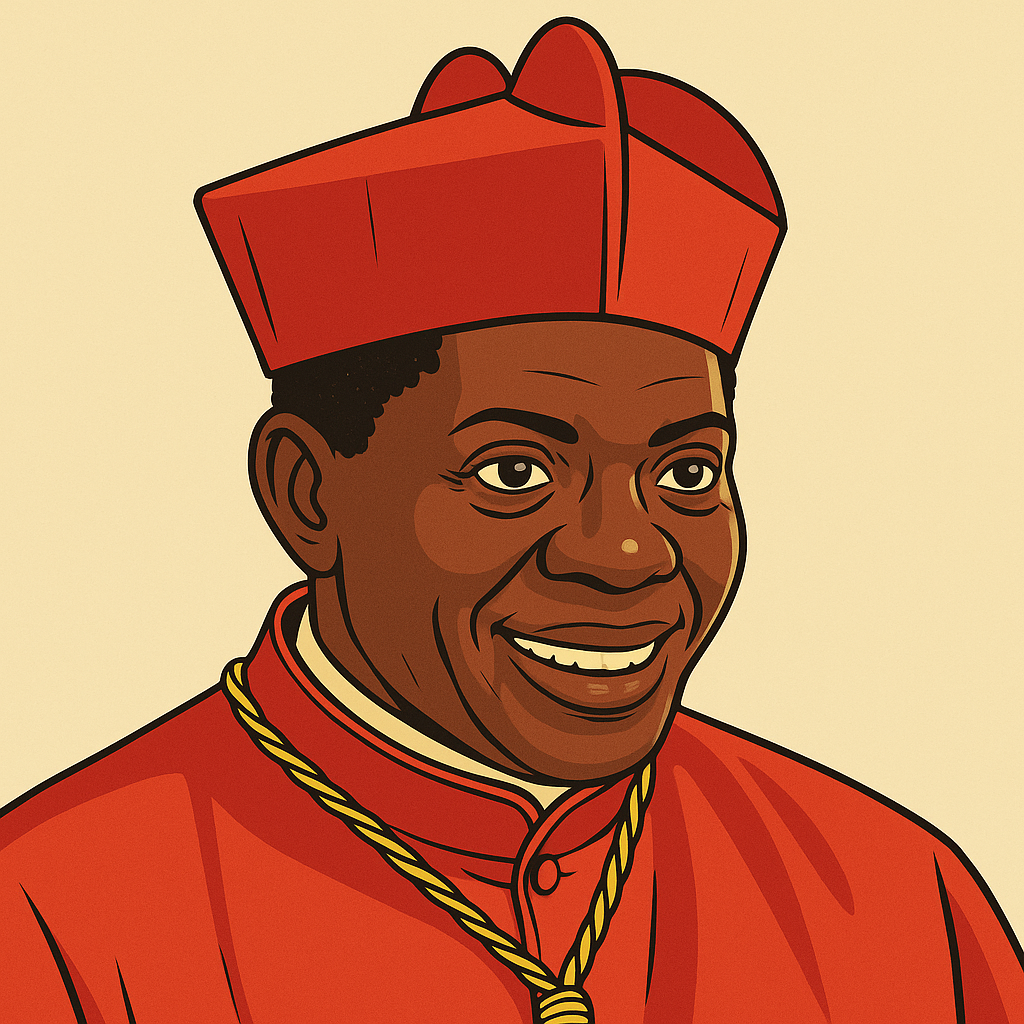
Tanzania
Tanzanian cardinal, Secretary of the Dicastery for Evangelization, known for his missionary expertise and balanced pastoral vision, combining doctrinal fidelity and cultural adaptation.
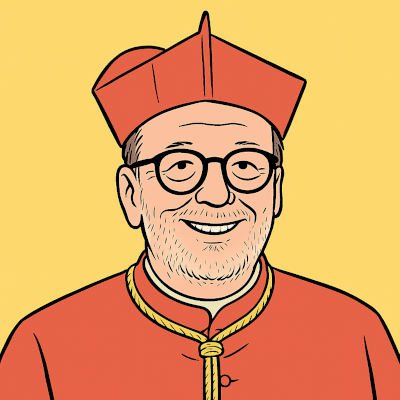
Italy
Italian cardinal, former apostolic nuncio, known for his diplomatic expertise and knowledge of Eastern Churches, combining liturgical tradition and openness to dialogue.

Italy
age: 70
Italian cardinal, former apostolic nuncio, known for his diplomatic expertise and knowledge of Eastern Churches, combining liturgical tradition and openness to dialogue.
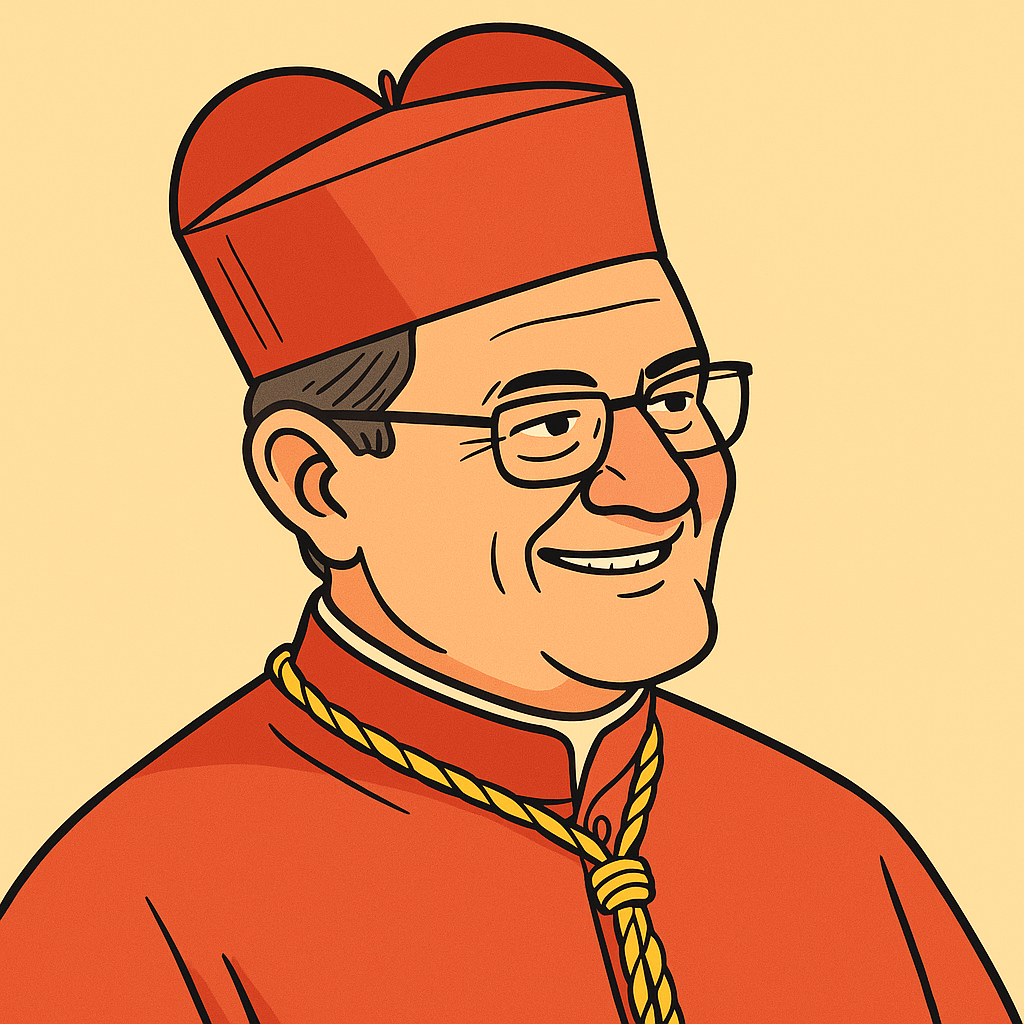
Ecuador
age: 70
Ecuadorian cardinal, Archbishop of Guayaquil, Franciscan, known for his pastoral work in popular communities and his fidelity to the traditional teachings of the Church.
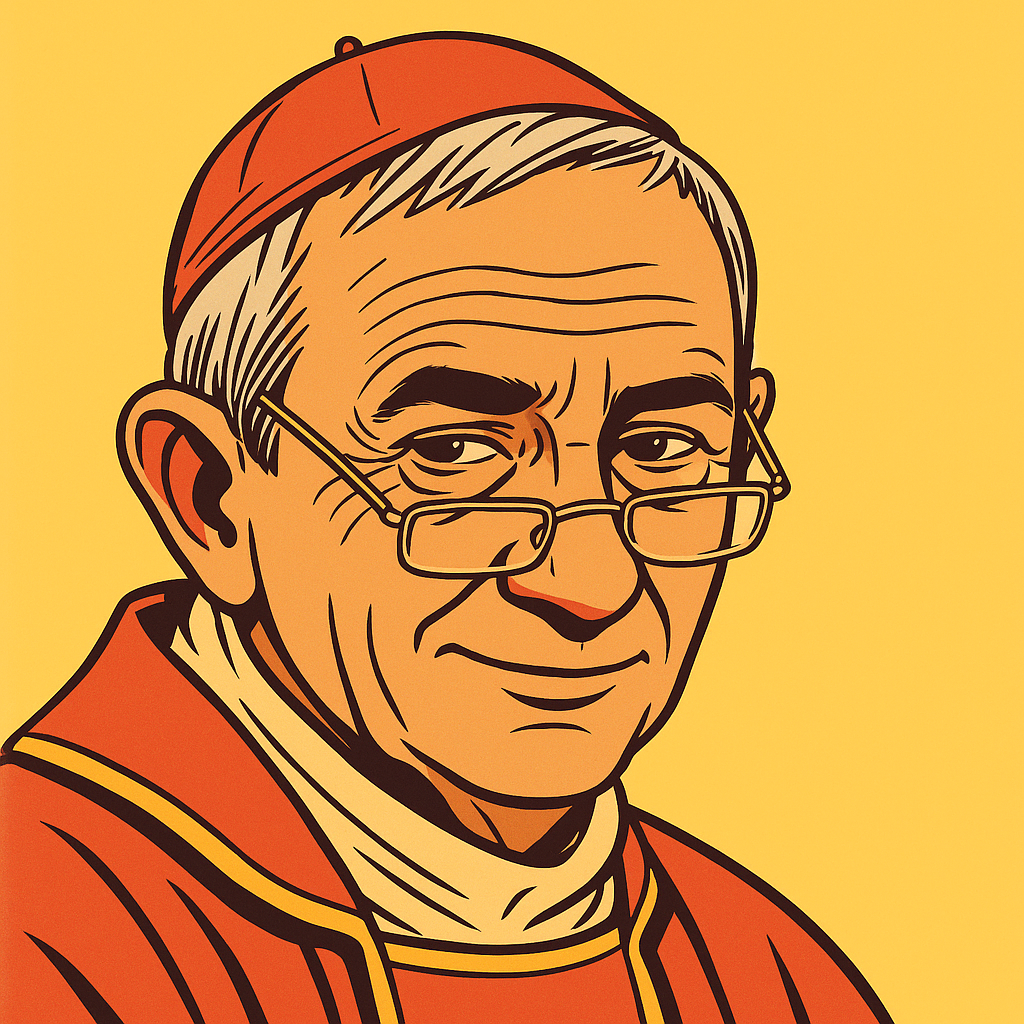
Italy
age: 70
Italian cardinal, Archbishop of Bologna, president of the Italian Episcopal Conference, known for his social commitment and accessible pastoral style, close to Pope Francis' vision.
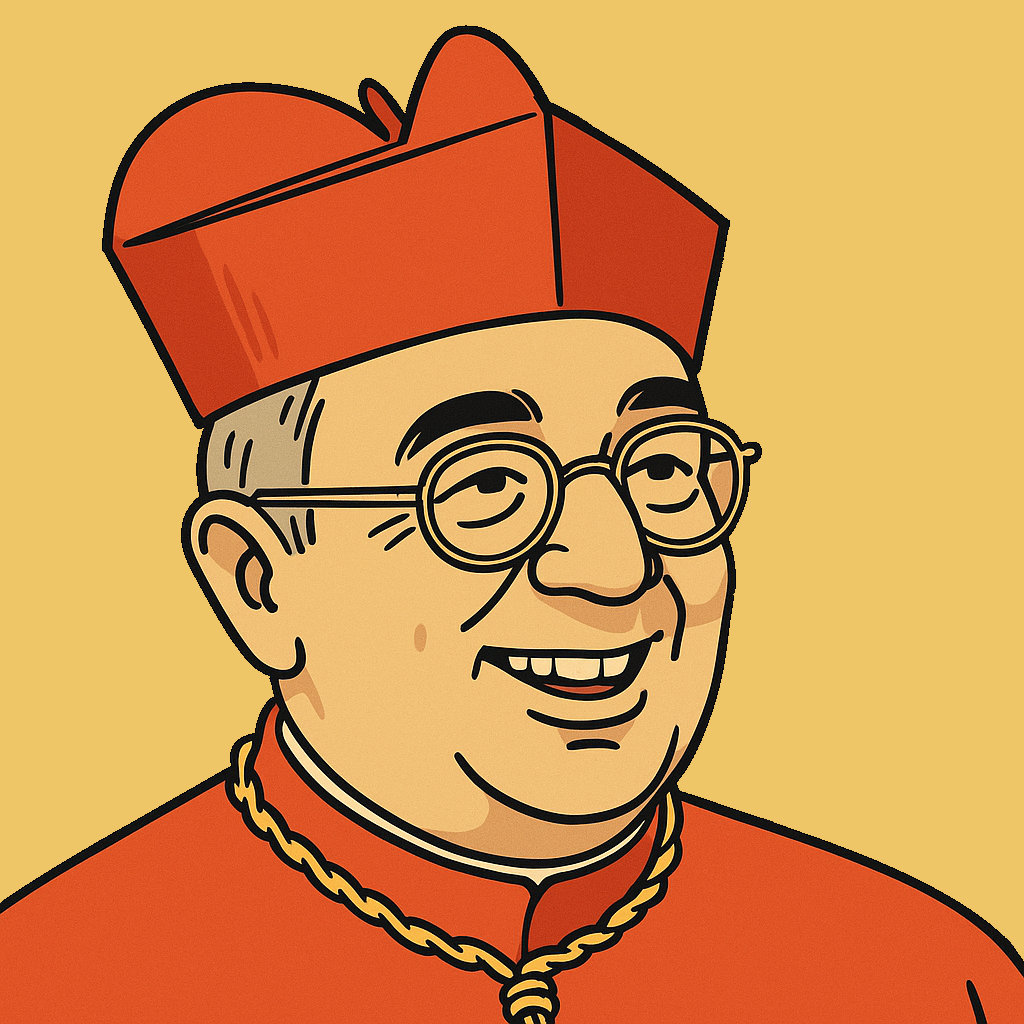
Italy
Italian cardinal, former vicar general of the pope for the diocese of Rome, known for his balance between liturgical tradition and moderate pastoral openness.
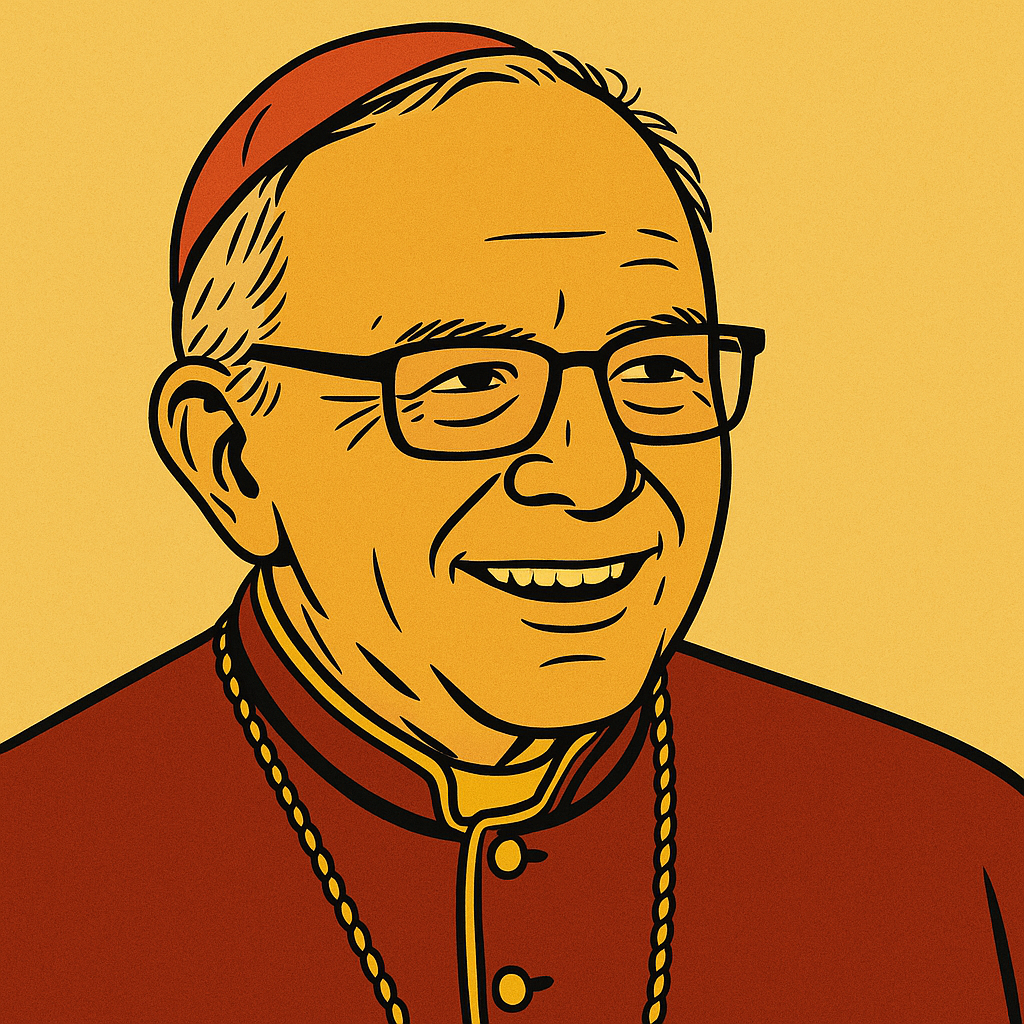
Portugal
Portuguese cardinal, Patriarch Emeritus of Lisbon, known for his balanced leadership and pastoral vision that respects tradition while dialoguing with contemporary society.
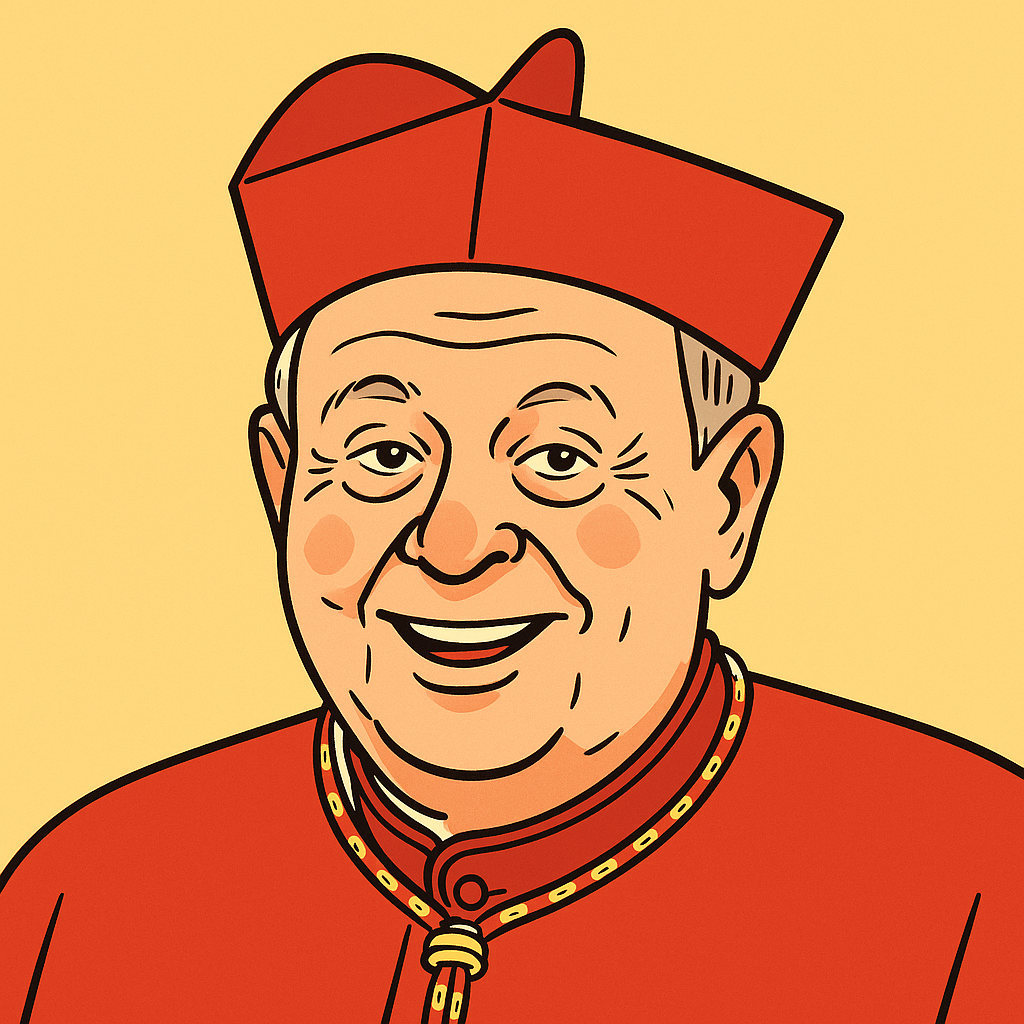
Italy
Italian cardinal, Bishop of Como, known for his balanced pastoral approach and his work for the reception of migrants at the Swiss border, combining doctrinal fidelity and social commitment.
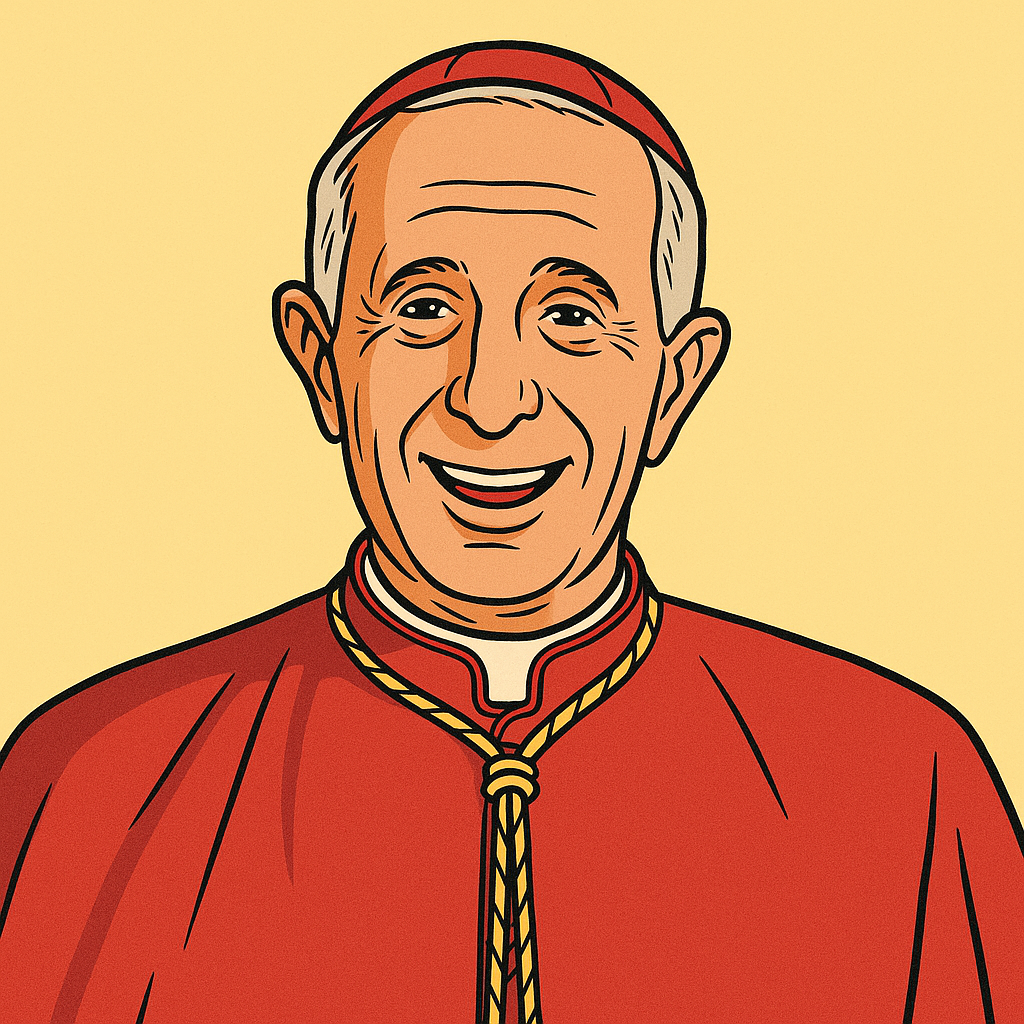
Argentina
Argentine cardinal, Archbishop Emeritus of Buenos Aires, successor of Pope Francis in this diocese, known for his discreet profile and balanced administration between tradition and renewal.

Switzerland
Swiss cardinal, president of the Dicastery for Promoting Christian Unity, known for his theological expertise and ecumenical commitment, with a moderately conservative doctrinal position.

Portugal
Portuguese cardinal, Patriarch Emeritus of Lisbon, known for his balanced leadership and pastoral vision that respects tradition while dialoguing with contemporary society.
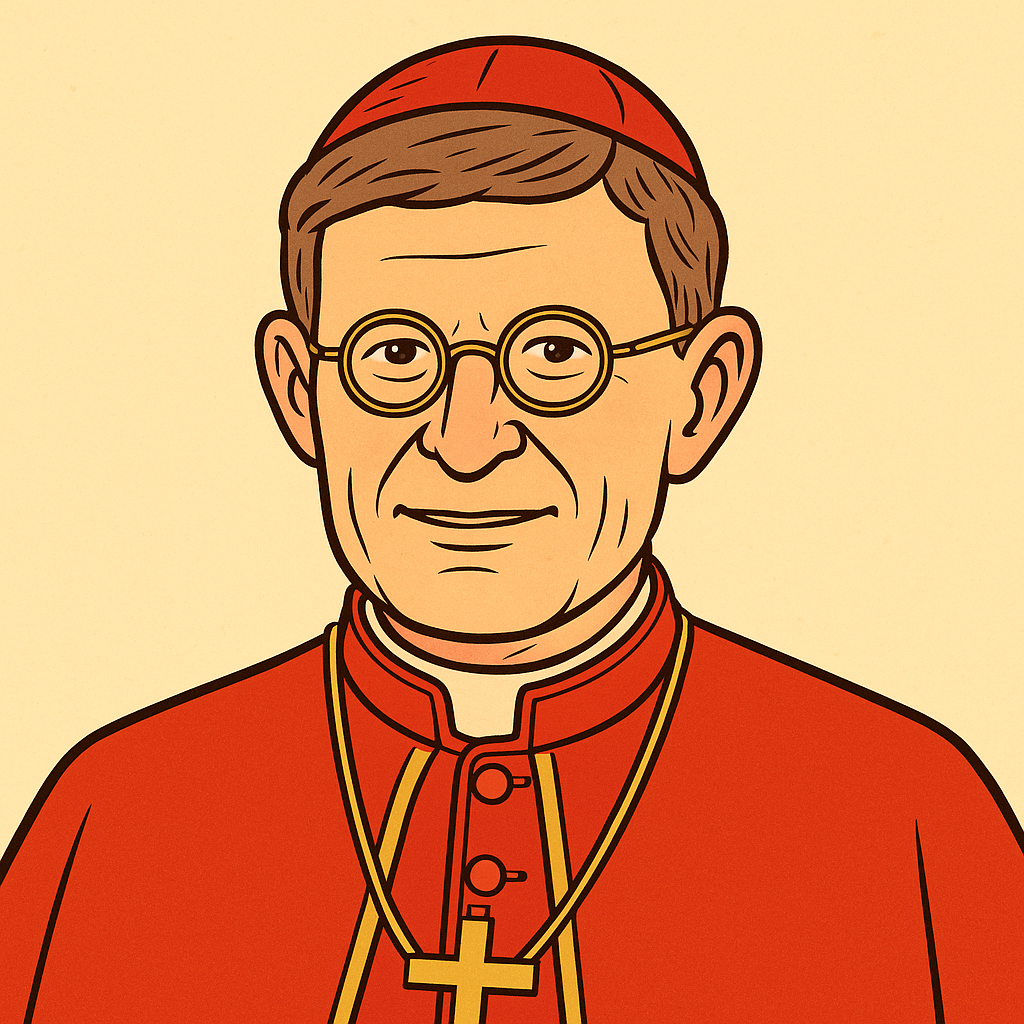
Germany
German cardinal, Archbishop of Cologne, known for his conservative positions and controversial leadership, particularly in handling sexual abuse and his opposition to certain reforms.
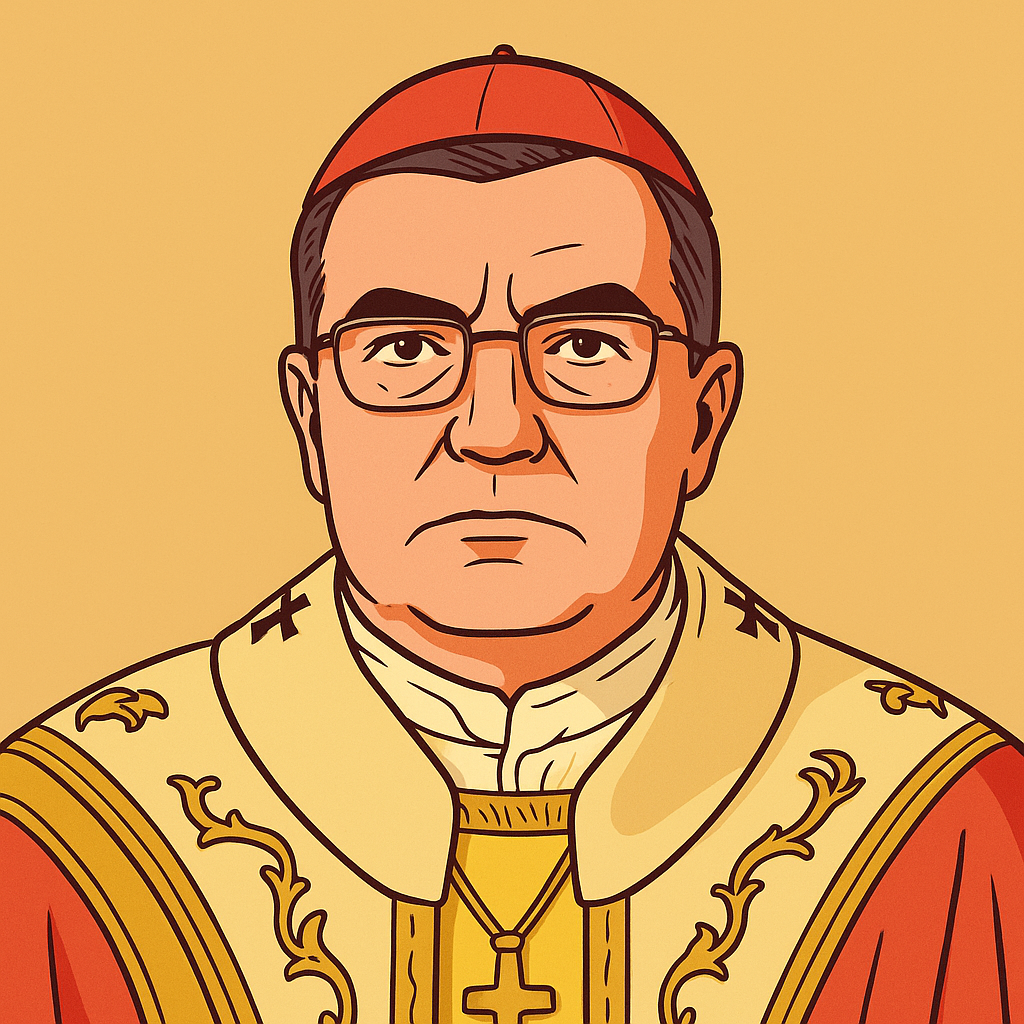
Croatia
Croatian cardinal, Archbishop of Zagreb, known for his conservative positions on moral issues and his commitment to traditional values in a post-communist context.
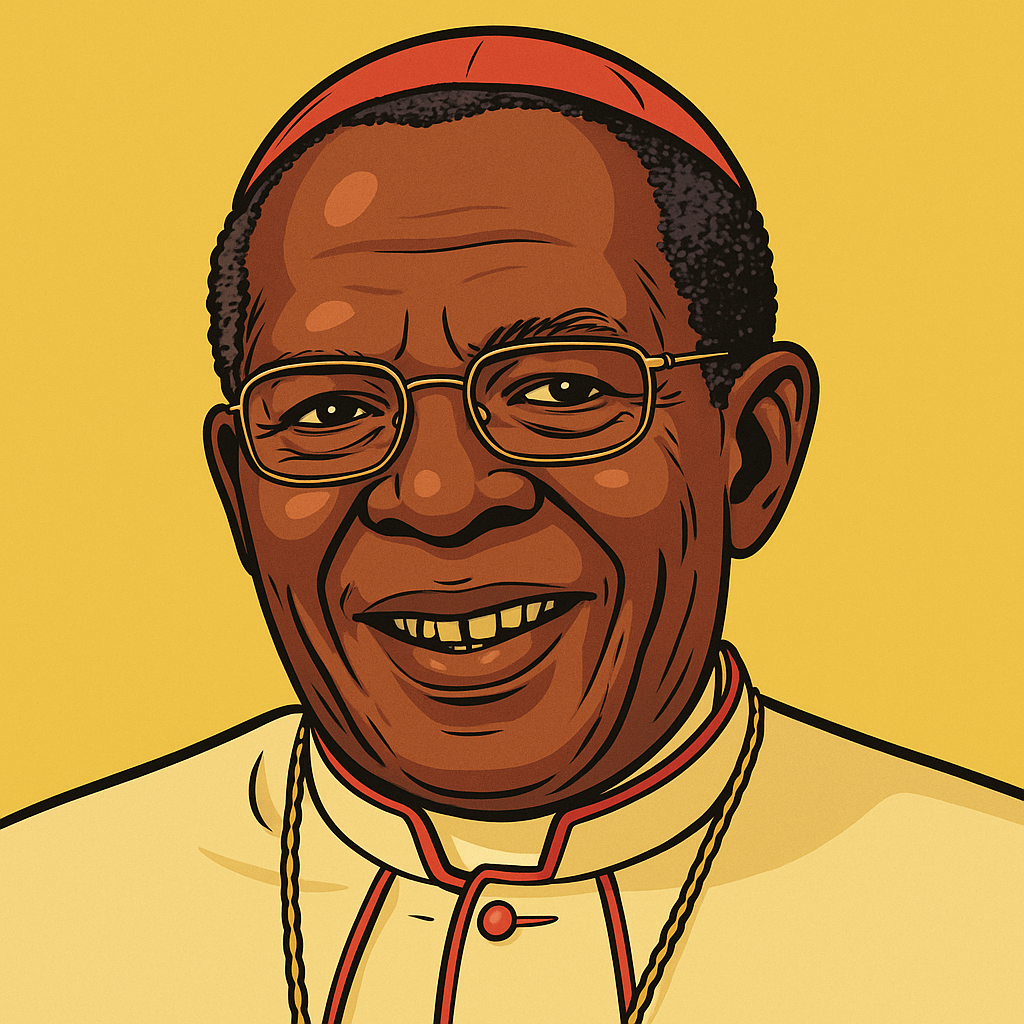
Kenya
Kenyan cardinal, Archbishop Emeritus of Nairobi, known for his conservative positions on moral issues and his leadership in the growing African Church.
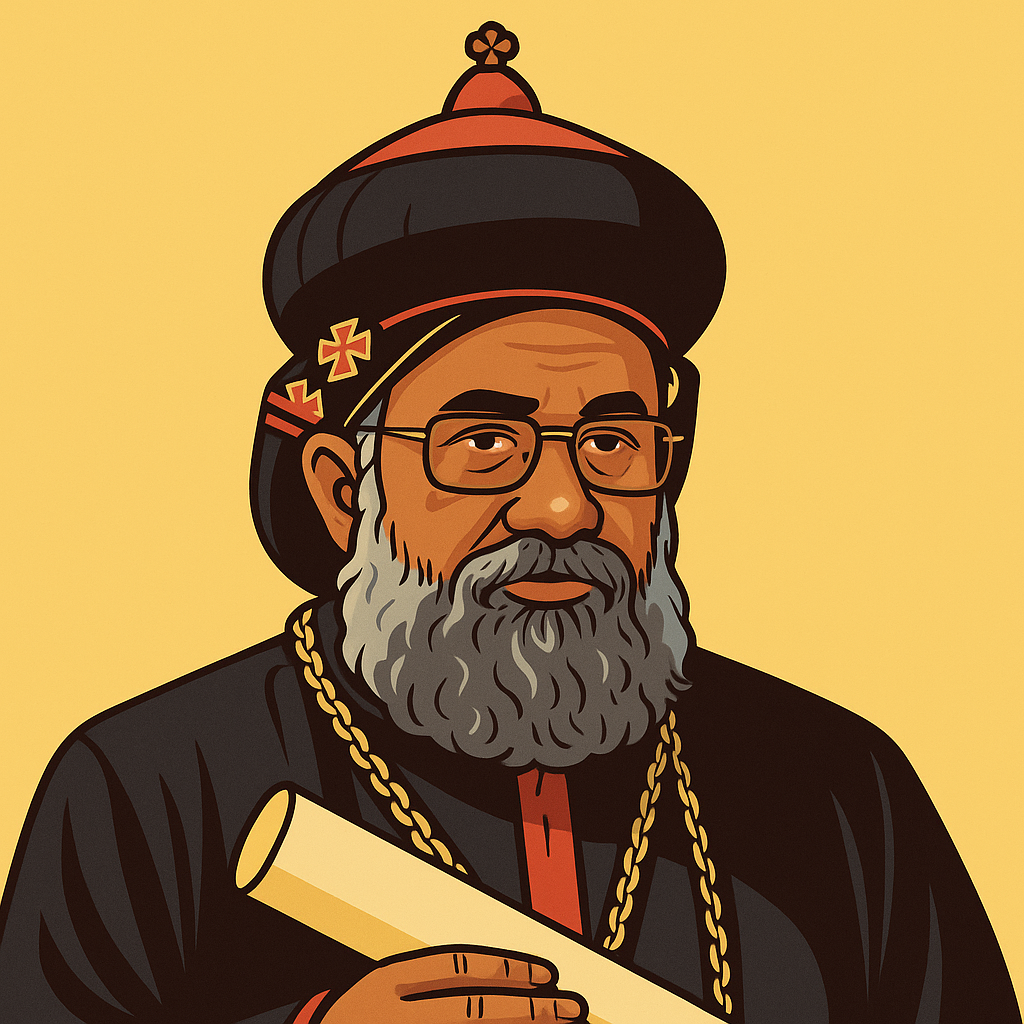
India
Indian cardinal of Syro-Malankara rite, known for his attachment to the Eastern traditions of the Church and his defense of traditional moral doctrine.
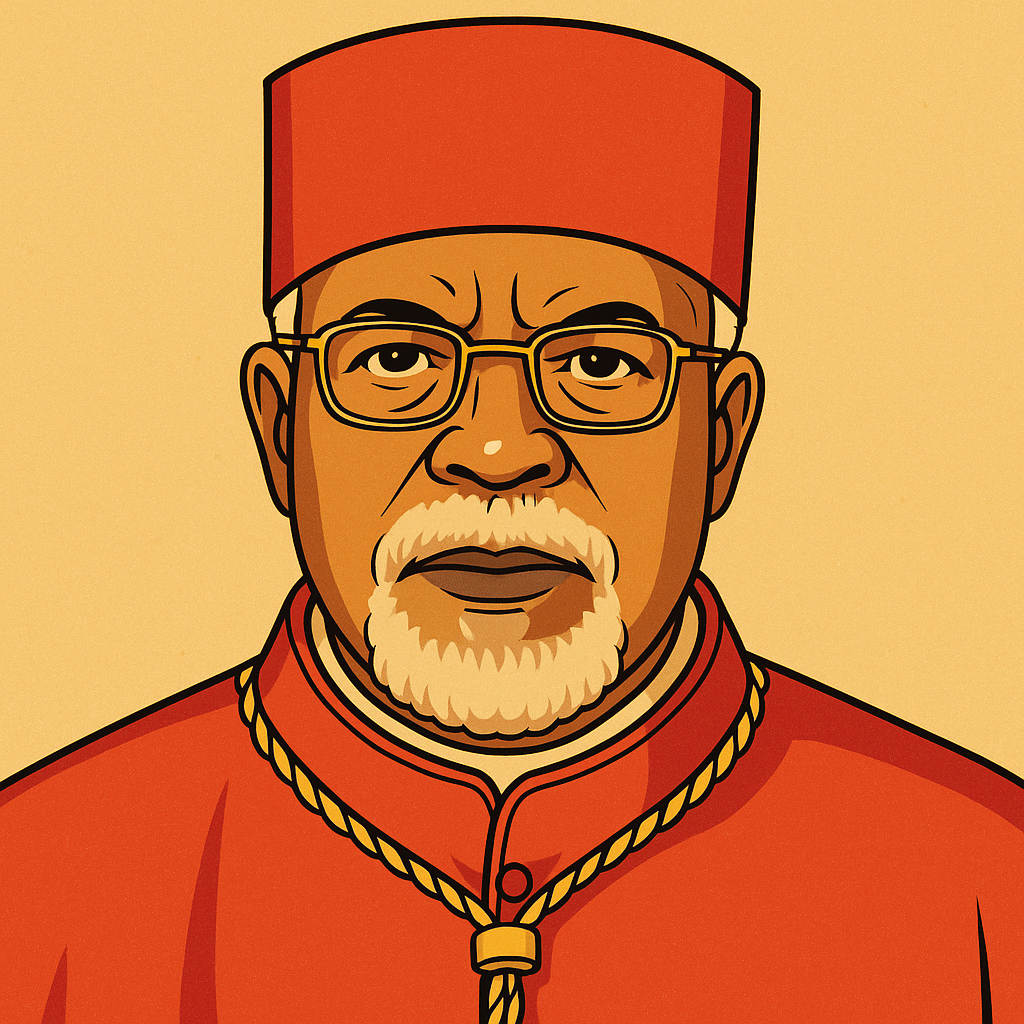
Ethiopia
Ethiopian cardinal of Eastern rite, known for his defense of traditional Church values and his pastoral work in a context of religious tensions.

Tanzania
Tanzanian cardinal, Secretary of the Dicastery for Evangelization, known for his missionary expertise and balanced pastoral vision, combining doctrinal fidelity and cultural adaptation.

Croatia
Croatian cardinal, Archbishop of Zagreb, known for his conservative positions on moral issues and his commitment to traditional values in a post-communist context.
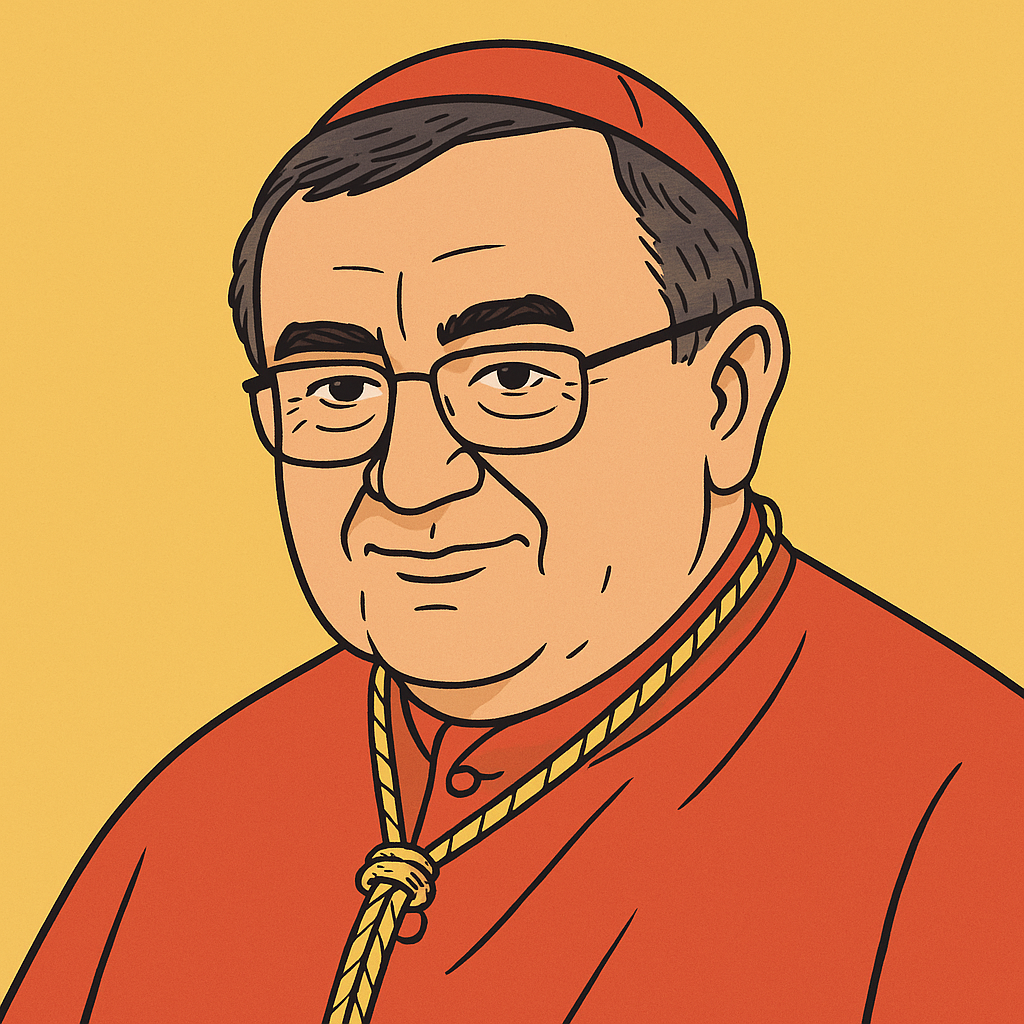
Bosnia and Herzegovina
Bosnian cardinal, Archbishop Emeritus of Sarajevo, known for his leadership during and after the Balkan War, his work for reconciliation and his defense of Catholic rights in the region.

Tanzania
Tanzanian cardinal, Secretary of the Dicastery for Evangelization, known for his missionary expertise and balanced pastoral vision, combining doctrinal fidelity and cultural adaptation.

Israel
Italian cardinal, Latin Patriarch of Jerusalem, Franciscan, known for his expertise on the Middle East and his balanced leadership in a context of political and religious tensions.

Kenya
Kenyan cardinal, Archbishop Emeritus of Nairobi, known for his conservative positions on moral issues and his leadership in the growing African Church.
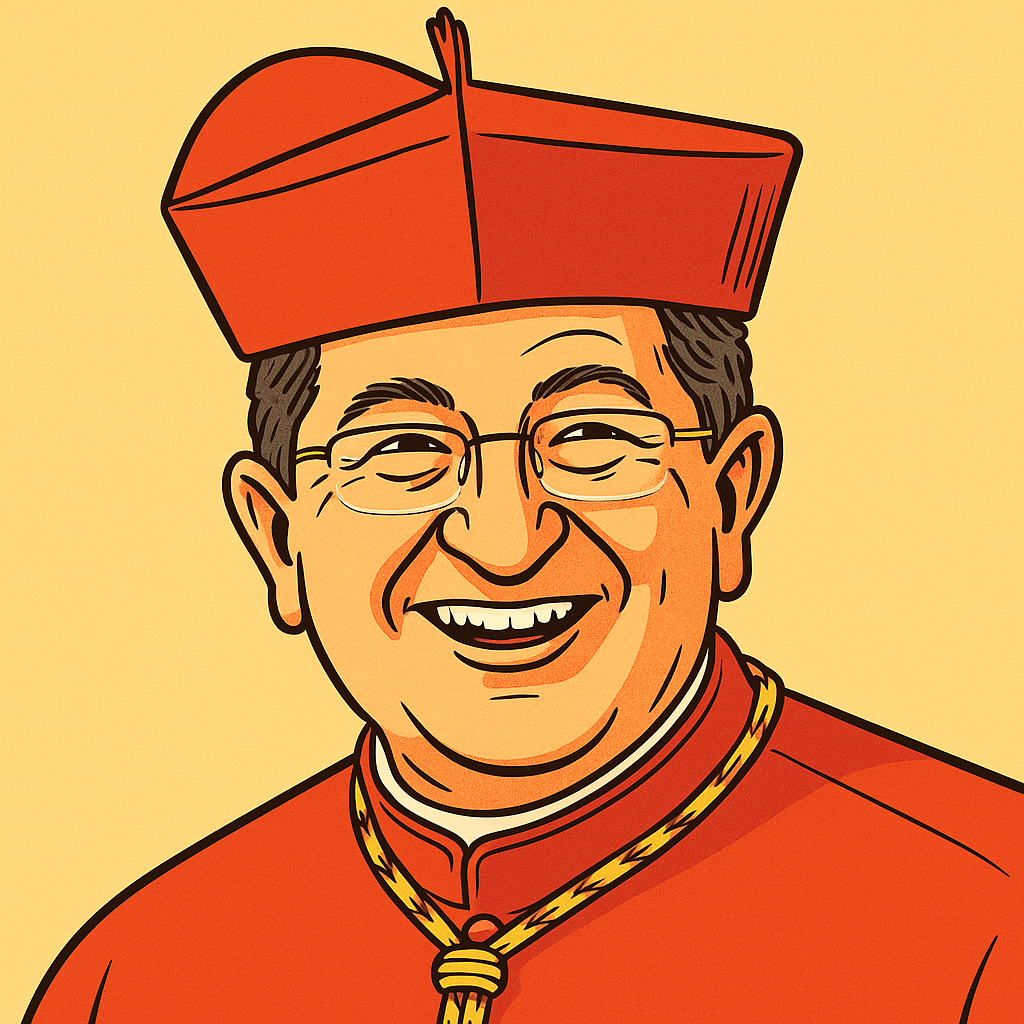
Italy
Italian cardinal, Archbishop of Florence, known for his conservative doctrinal positions and intellectual work, while remaining engaged in pastoral dialogue.